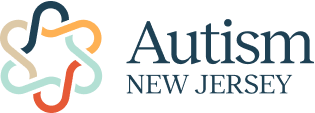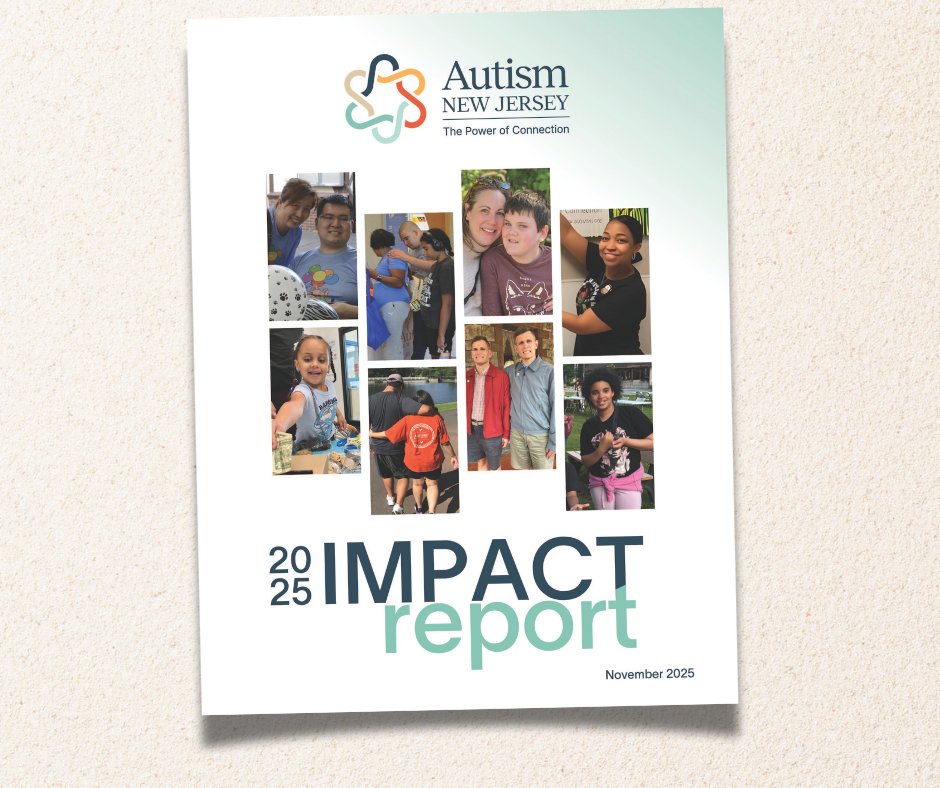
Vocational Rehabilitation Services in New Jersey
Workforce Innovation and Opportunity Act (WIOA)
The Workforce Innovation and Opportunity Act (WIOA) is a landmark federal law enacted in 2014 to strengthen and improve our nation’s public workforce system and help get Americans, including youth and those with significant barriers to employment, into high-quality jobs and careers and help employers hire and retain skilled workers.
Under the Rehabilitation Act of 1973 (Title IV), WIOA imposes requirements for employer engagement, places limits on the use of subminimum wage employment for youth aged 24 and under and those existing employees of sheltered workshops, and implements a Pre-Employment Transition Program that is designed to introduce youth to employment preparation programs in order to prepare for, obtain, and maintain employment.
To assist stakeholders with information about the law and its implementation, the U.S. Department of Labor Employment & Training Administration (ETA) has created a WIOA Resource Page. It includes fact sheets, frequently asked questions and final rules for programs including Vocational Rehabilitation (VR).
The VR program aims to ensure that “individuals with disabilities, including those with the most significant disabilities, are capable of achieving high quality, competitive integrated employment when provided the necessary services and supports.”
NJ DVRS

DVRS eligible students and young adults with barriers to employment may explore jobs in a variety of ways – through career exploration, customized employment, situational assessment, short-term employment, customized employment and Project SEARCH. This program also provides counseling and guidance, independent living skills training, job clubs, job placement services, and job coaching.
The new website careerconnections.nj.gov is designed to assist individuals with disabilities to take the first step on their path to employment success, from determining their career goal (Plan) to what they need to achieve those goals (Prepare) and services they may need to help them maintain their goal (Succeed). In addition, the website has a downloadable and an on-line Confidential Referral Form, which can be used by schools, parents, students, and family members to submit a referral. Also available for download is the welcome letter to transitioning students, their family members, and school personnel. The website conveniently explains the Steps in the VR Process (Vocational Rehabilitation) and provides a sample of the questions applicants may be asked during the initial Survey Interview. Each of the 18 NJDVRS Field Office locations has a transition contact person who reports all transition activities to the Central Office (Administrative) for tracking purposes.
AJ Drexel Autism Institute
2016 National Autism Indicators Report: Vocational Rehabilitation
The National Autism Indicators Report is a publication series produced by the AJ Drexel Autism Institute’s Life Course Outcomes Research Program. The reports provide important findings regarding the transition into young adulthood that will inform and reinforce Autism New Jersey’s public policy and family support efforts. The reports detail and substantiate the many challenges that youth entering adulthood experience, providing some striking statistics. Their 2016 Vocational Rehabilitation Report details:
- Characteristics of the group of people with autism who used Vocational Rehabilitation (VR) services
- How people with autism used VR services
- Indicators of employment outcomes for people with autism who used VR services
- Comparisons of services and outcomes of people with autism to people with other types of disabilities
- Differences in services and outcomes for people with autism across states
If you have questions or need assistance, please contact our Helpline at 800.4.AUTISM or information@autismnj.org









